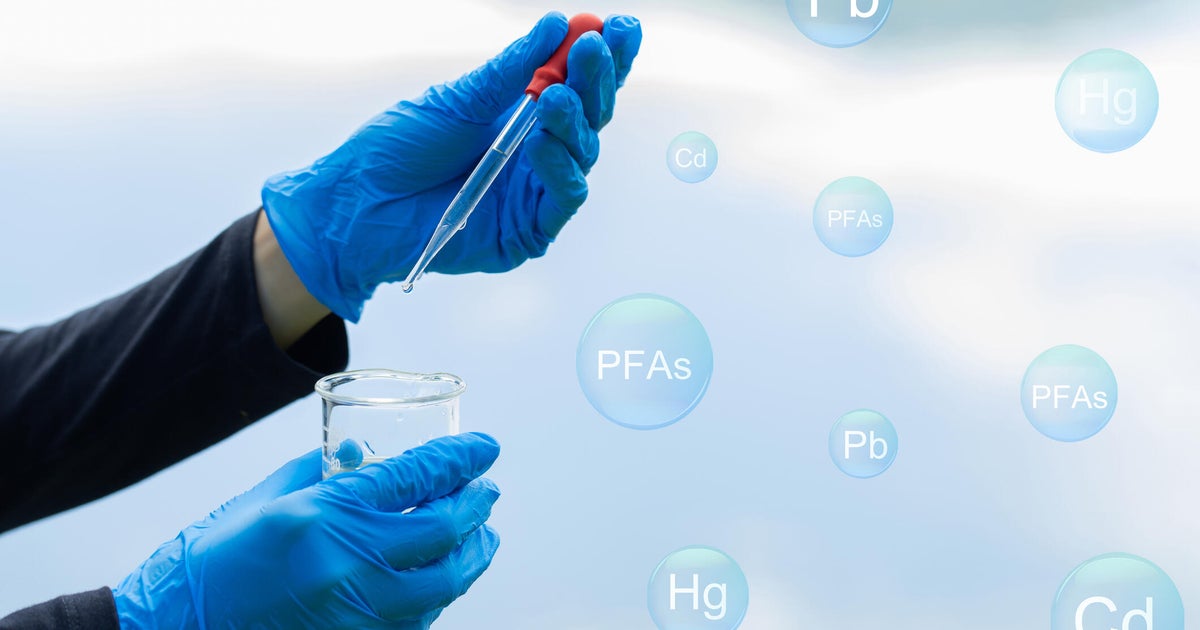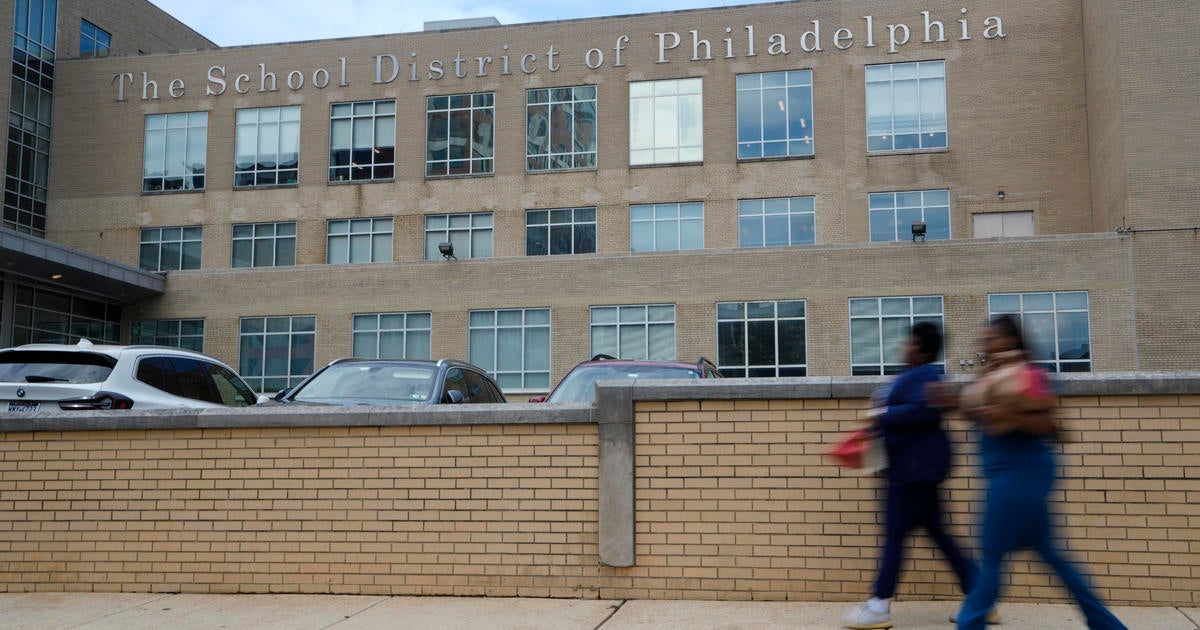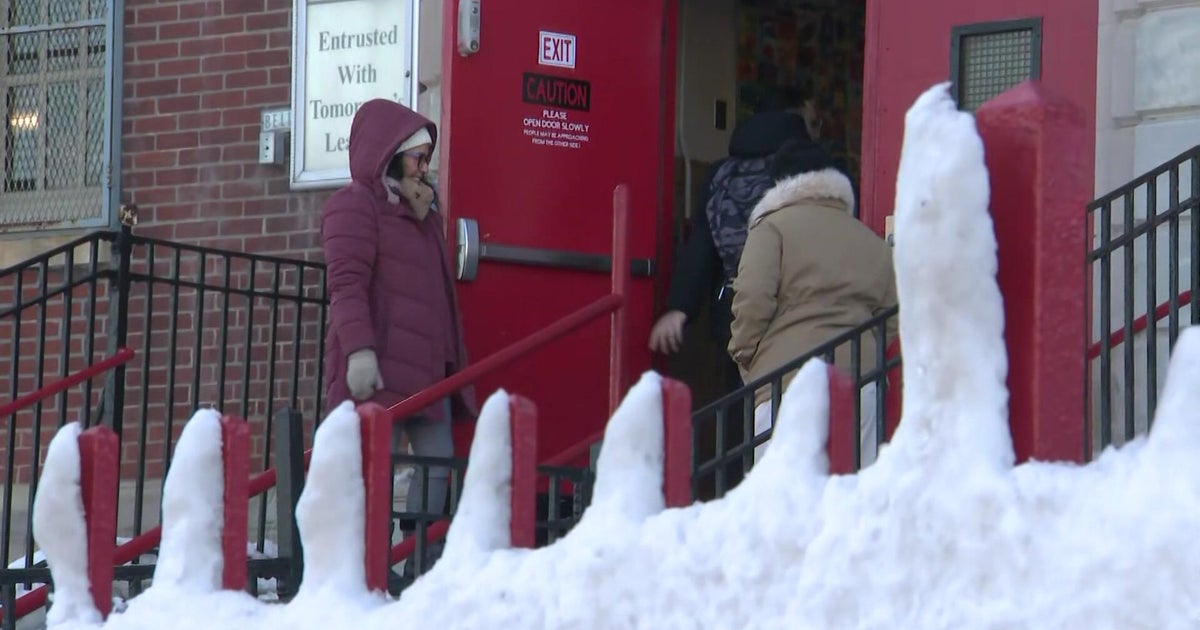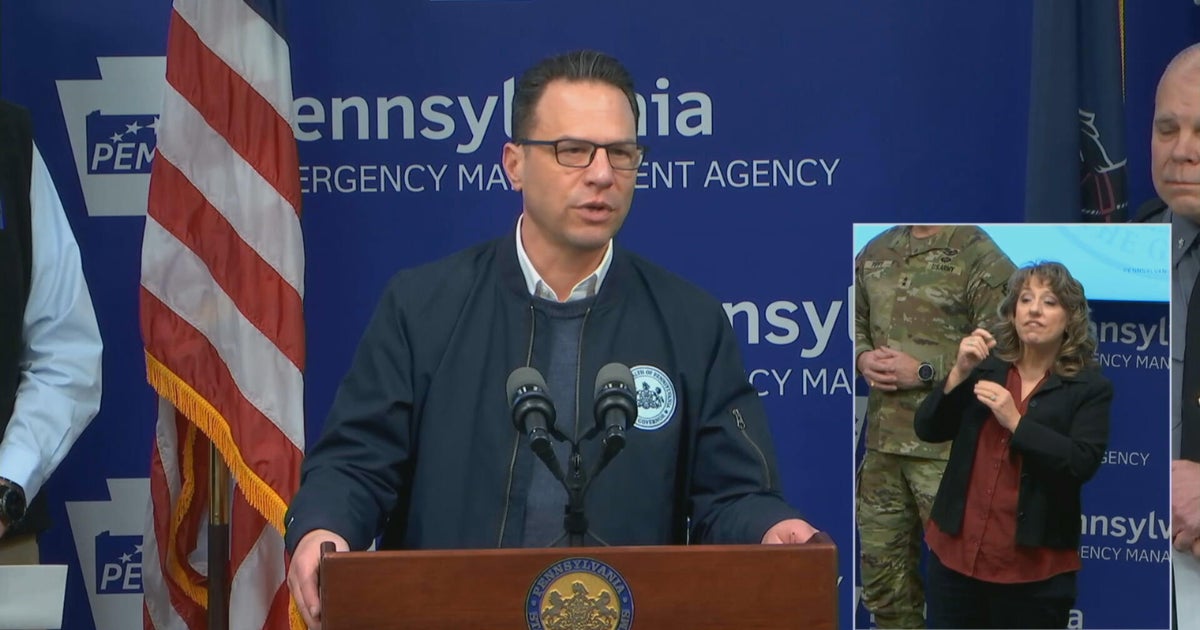Florida's "Cat Fund" could face $4.6 billion storm tab
TALLAHASSEE - A state program that provides critical backup coverage for property insurers could pay out an estimated $4.6 billion because of claims from hurricanes Milton and Helene, officials said Wednesday.
If that preliminary estimate holds, the Florida Hurricane Catastrophe Fund would have adequate cash to cover its share of losses, leaders and a financial adviser told members of the Florida Hurricane Catastrophe Fund Advisory Council. The vast majority of estimated losses stem from Hurricane Milton.
Widely known as the "Cat Fund," the program provides relatively low-cost reinsurance to property insurers. Carriers must pay losses up to certain amounts, known as retention levels, before they can tap the state fund.
The Cat Fund is projected to have $7.12 billion in cash to pay losses this year and has access to $3.25 billion in what is known as "pre-event" bond money if needed.
"Initial estimates for Hurricane Helene and Hurricane Milton as it relates to the Cat Fund are at $4.6 billion, which the Cat Fund can cover with its current available cash," said Chris Spencer, executive director of the State Board of Administration, an agency that includes the Cat Fund.
The preliminary estimate includes $4.5 billion from Milton, which made landfall Oct. 9 as a Category 3 storm in Sarasota County before continuing across the state as a hurricane. The estimate includes $100 million for Helene, which made landfall Sept. 26 in Taylor County after causing extensive damage to other coastal communities as it moved through the Gulf of Mexico.
Property insurers were hit harder by Milton, in part, because it made landfall in a more heavily populated area than Helene and because much of Helene's damage was flood-related. Property insurers typically don't cover flood damage, with homeowners responsible for buying separate flood coverage.
Gina Wilson, the Cat Fund's chief operating officer, said the program does not have an estimate from Hurricane Debby, which made landfall in early August in Taylor County. That is because Debby likely was not a strong enough storm to trigger Cat Fund reimbursements to insurers.
Under state law, the Cat Fund has a maximum potential liability of $17 billion. In addition to cash and pre-event bonds, it could seek financing through what are known as "post-event bonds." Bonds would be paid off through extra charges, or assessments, that ultimately would be passed on to policyholders.
Wilson said Cat Fund officials were prepared to consider the possibility of post-event bonds if Milton made landfall in the Tampa Bay area, as appeared possible before the storm hit Sarasota County.
"Had it been a direct hit on Tampa Bay, it might have been a much larger loss," Wilson said. "Same way with Helene. Had it been a direct hit on Tallahassee, different story."







